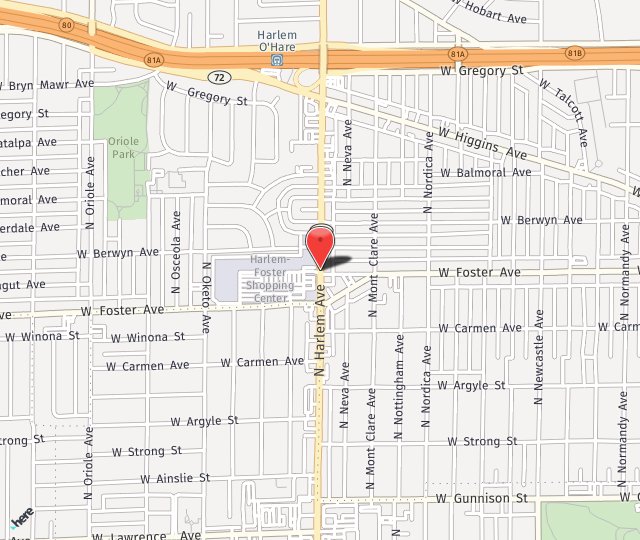When a person is injured by another, the law provides a means of seeking compensation, known as damages, for those injuries and the detrimental effects they have caused in the victim's life.
In a case of personal injury, a judge or jury may find the defendant liable for several types of damages for varying amounts of money. For example, medical bills, lost earnings, or property damage may be part of the damages picture. The plaintiff may also experience significant and continuous pain and suffering due to his or her injury. All of these factors are considered worthy of recompense under personal injury law, which seeks as much as possible to return the victim to the state of living he or she enjoyed prior to the injury.
In most personal injury cases, the victim must have suffered some sort of physical, mental, or financial harm to have a strong claim for damages. In some intentional tort cases, however, such as assault and battery, proving the misconduct of the defendant alone may be enough to find in favor of the plaintiff. The types of damages that can be awarded are compensatory, punitive, or nominal depending on the merits of the case.
More Information
- Types of Damages
- Types of Compensatory Damages
- Amount of Damages
- Factors Affecting Amount of Damages Awarded
- Negligence Overview
- Comparative and Contributory Negligence
If you or a loved one is in need of legal assistance, call Heller & Richmond, Ltd. at {tel} or submit an online questionnaire. The initial consultation is free of charge, and if we agree to handle your case, we will work on a contingency fee basis, which means we get paid for our services only if there is a monetary recovery of funds. In many cases, a lawsuit must be filed before an applicable expiration date, known as a statute of limitations. Please call right away to ensure that you do not waive your right to possible compensation.



